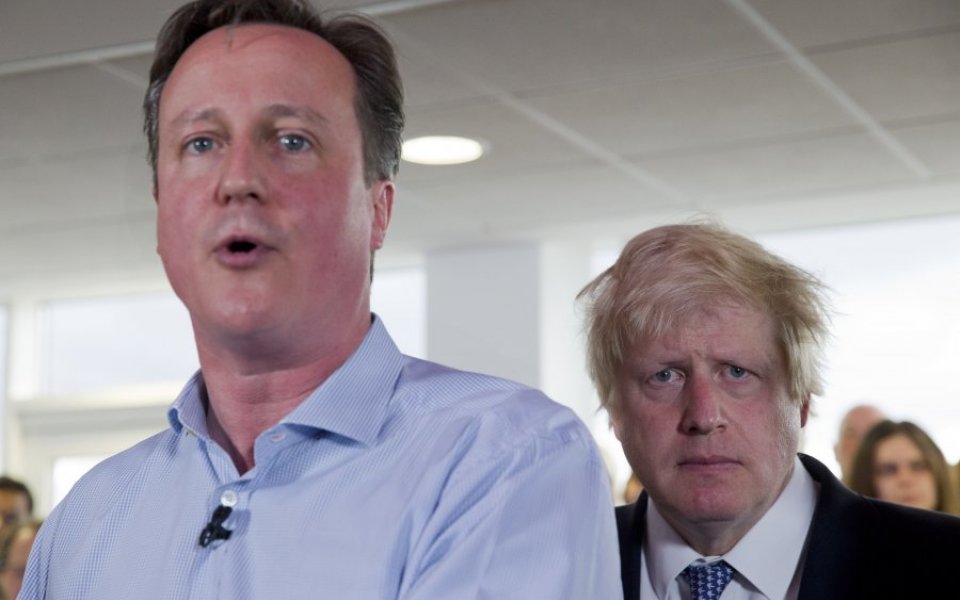Lessons from the Tories: How to debate diplomatically

Ten days after David Cameron secured his EU renegotiation, and the Tories are already at war. From divorce jibes to warnings of threats to national security, opening salvos have given way to heavy shelling, with the positions of the “remain-ians” and the Brexiters becoming more entrenched.
Differences of opinion are useful in any organisation. But once renegotiations have concluded and an impasse has been reached, how can you ensure that debate remains amicable, and doesn’t descend into a bunfight?
PLAY THE BALL, NOT THE MAN
Europe has been a divisive issue for the Conservative Party since Margaret Thatcher’s premiership, and the referendum presents a rare opportunity for cabinet ministers to campaign freely. But the party will need to coalesce after 23 June, and effective government will be difficult if valuable bridges have been burnt.
It is therefore the responsibility of MPs on both sides to eschew personal attacks for pragmatic discussion. CPP Global’s 2008 human capital report found that 27 per cent of employees have been involved in a workplace dispute which escalated into personal attacks or insults. The consequences can be serious: 25 per cent of respondents reported that they had seen conflict lead to sickness or absence.
Both sides must seek to limit the fallout from affecting other areas of the organisation, and ensure the smooth running of their department in the interim.
When the Prime Minister and other EU leaders hammered out the details of the deal in Brussels last month, their agreement stipulated that reforms be implemented “as a matter of priority.” This has awkward implications for the likes of Iain Duncan Smith, who is legally responsible as secretary of state for implementing policy to restrict benefits to EU migrants – part of a deal he has said will make no difference to levels of EU migration.
CORDIALITY IN CLARITY
There’ll only be one winner of the referendum, but clarifying the rules of engagement as much as possible will help to avoid unnecessary disagreement. An example of where the government may have gone wrong is in limiting access to civil service advice to pro-leave ministers, which Priti Patel called “unconstitutional” yesterday.
In every firm, the framework for making decisions must be transparent. “Creating a framework for decisioning, using a published delegation of authority statement, encouraging sound business practices in collaboration, team building, leadership development, and talent management will help avoid conflicts,” leadership adviser Mike Myatt told Forbes.
IT’S ONLY A MATTER OF TIME
In times of internal dispute, managers should make an impartial intervention to manage the situation. But with the Tory leader heading up the “remain” side, it may fall to time to play the role of pacifier.
The CPP Global report found that 31 per cent of workers find that conflict “gets to them” less as they stay in their careers for longer, and 85 per cent approach disagreements differently now than they used to.
Having kept tight-lipped during the renegotiation process, eurosceptic cabinet ministers finally have the freedom to campaign for the UK to leave the bloc. It is hardly surprising that their “coming out” has led to ructions in the short term, and Michael Gove and Boris Johnson’s announcements have exacerbated the shock.
As the referendum continues, perhaps both sides will find conflict easier to deal with. Then again, probably not.